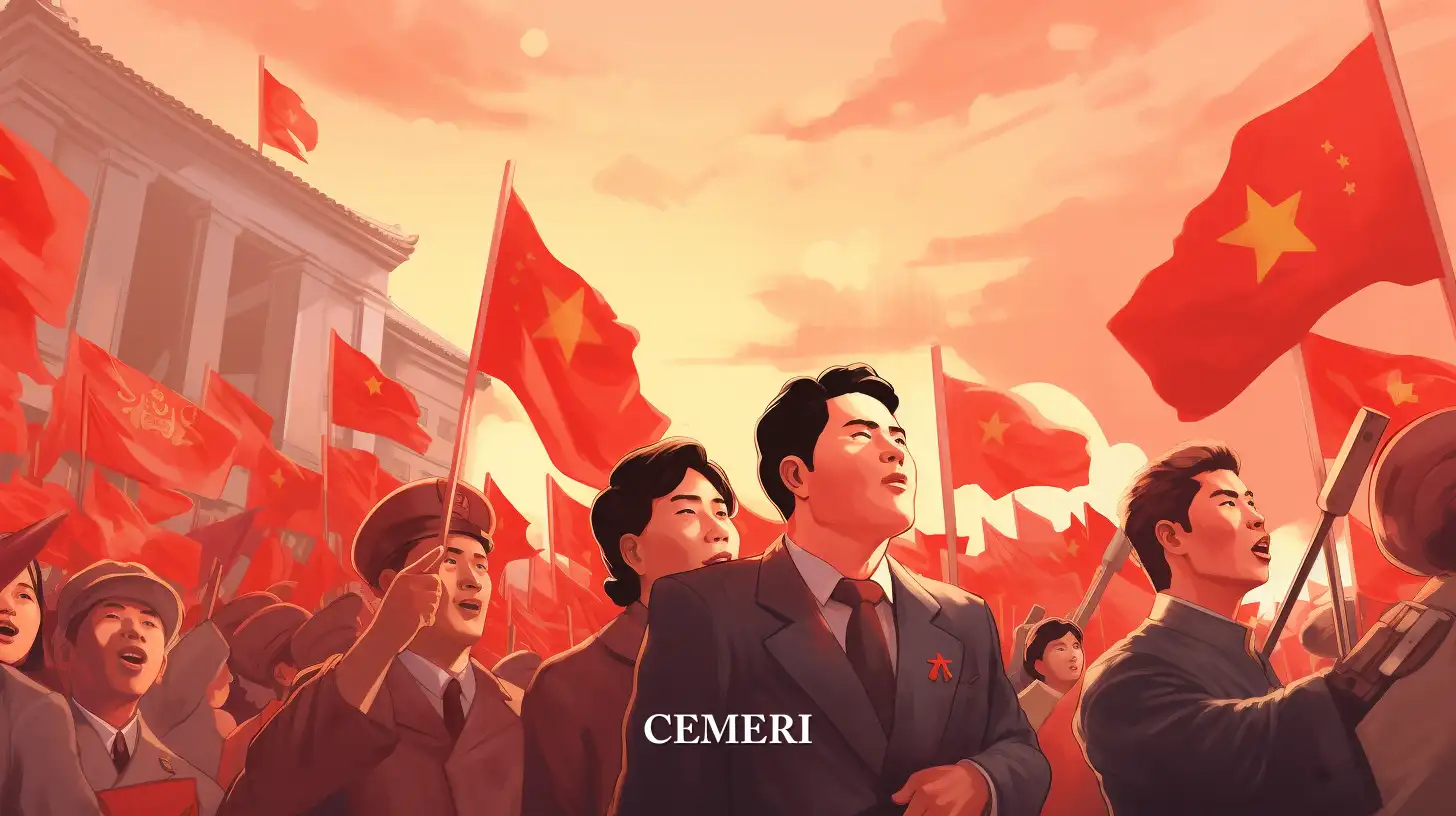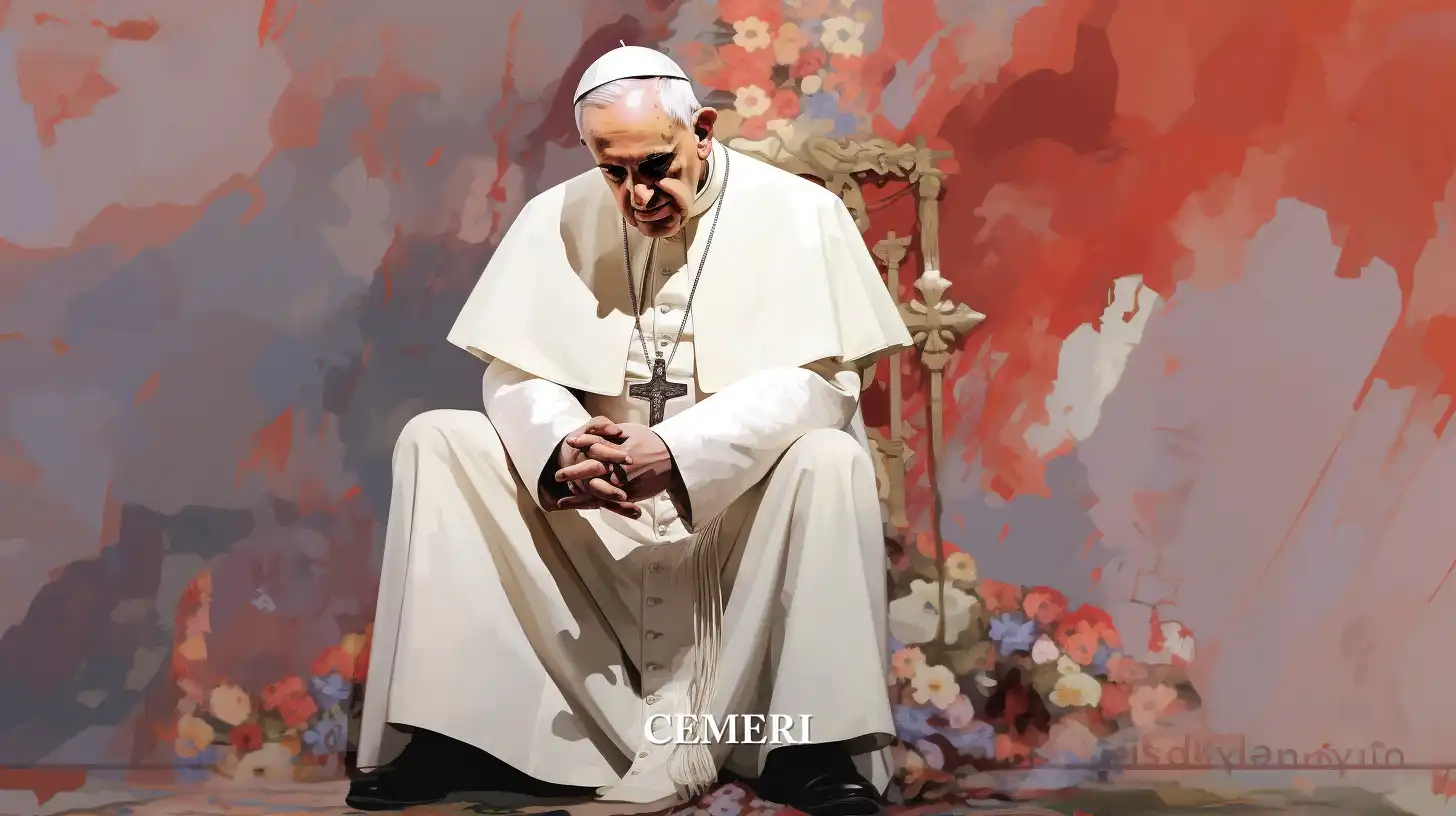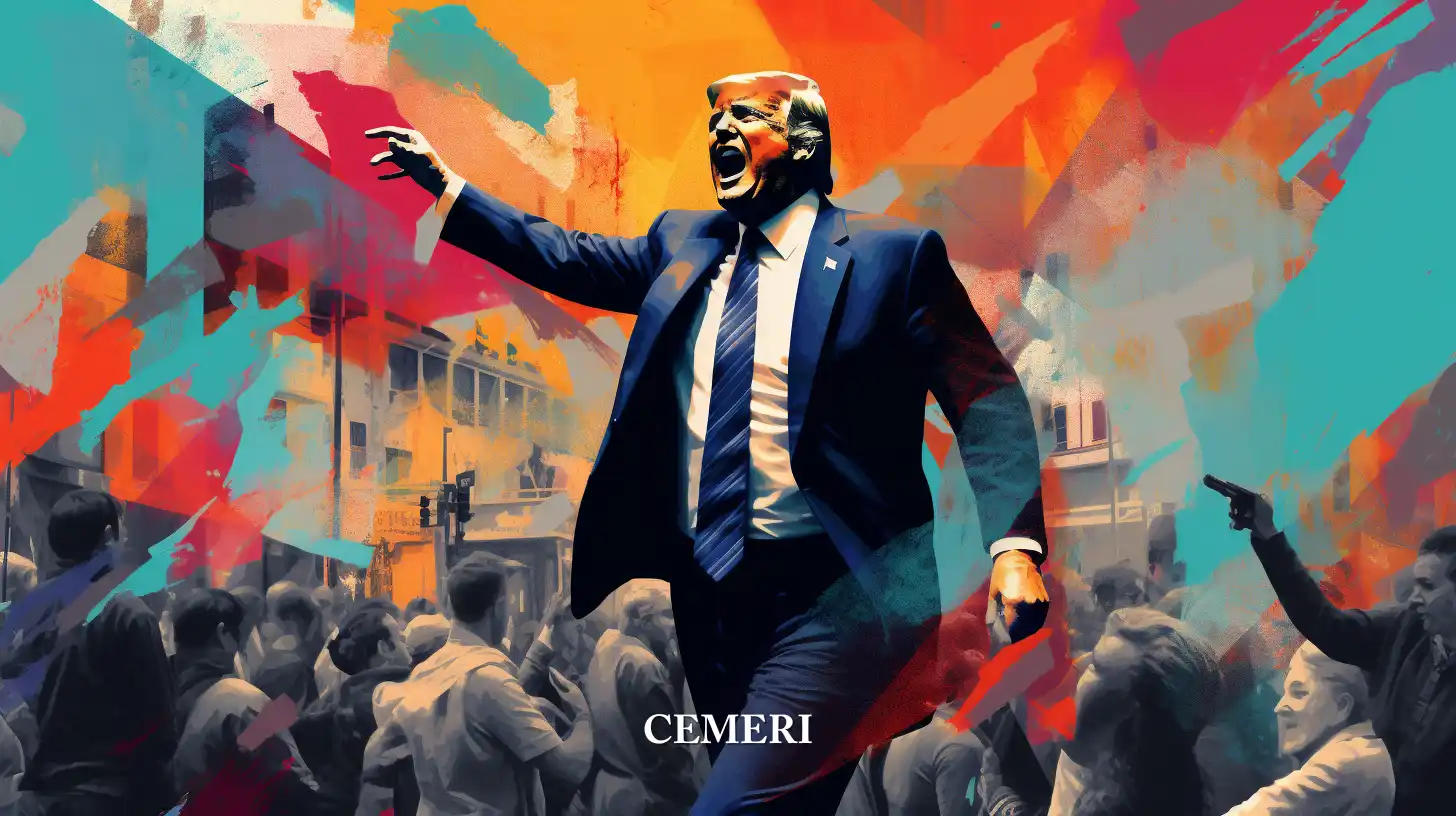Opinion
Luis Salgado
The political school of the Communist Party of China
- Its objective is to show that a country can get rich without being democratic. That message finds attentive ears among a certain group of politicians.

In early December, Xi Jinping, the leader of China, declared that the Communist Party had met one of several goals that China had set for itself: the eradication of extreme poverty. This is defined, according to different international organizations, as the daily income of less than one dollar. For a titanic achievement, the Chinese Communist Party has bragged about such an act for as long as it could. For example, in October it hosted a two-day, mostly virtual seminar on the subject for almost 400 people from more than 100 countries. Participants quoted by official media praised China's progress. However, the meeting had a more ambitious purpose in reality: to show the political model of China.
In the West, recent coverage of China's diplomacy has been dominated by talk of how aggressive it has become. For non-Western audiences, by contrast, Chinese officials are speaking more softly. They preach the virtues of a form of government that they believe is making China rich and can also help other countries. Some welcome this message, even in multi-party democracies.
In 2017, Xi caused a stir in the West by suggesting that China's development model offered "a new option" for other countries and that a "Chinese approach" could help solve humanity's problems. Although he later insisted that his country was not planning to export a "China model," officials in the country have, in fact, been doing so. Some of those involved in this effort belong to the Ministry of Foreign Affairs. But many, like those who organized the recent seminar on poverty, work for an offshoot of the Communist Party called the International Department. Their job is to win support for China among foreign political parties.
The department is well suited to the task because it does not directly represent the Chinese state. However, it works closely with the Ministry of Foreign Affairs and exchanges personnel with it. At the end of 2017, the International Department held a convention in Beijing that was joined by leaders and other members of political parties from 120 countries, including some delegates from wealthy countries like Japan, New Zealand, and [the United States](https ://cemeri.org/opinion/rcep-tratado-asia-estados-unidos/). The department has so few qualms about the type of political parties it interacts with that it will deal with the parties of the right, the left and everyone in between to spread the Chinese model to the international political elite.
Under Xi's leadership, one of the department's main activities has been organizing training sessions for foreign political parties, especially those from developing countries. And although authoritarianism is not advocated in the seminar sessions, the virtues that a centralized leadership can have, as occurs in China, are promoted.
Extreme poverty rate in China from 1978 to 2017.
Extreme poverty rate in China from 1978 to 2017.
During the pandemic, much of the department's instruction took place online, often focusing on China's achievements in crushing Covid-19. In recent months, these classes have been attended by officials from the ruling parties in Angola, Congo-Brazzaville, Ghana, Mozambique, Panama and Venezuela. Official websites in China often advertise these efforts. One describes a groundbreaking ceremony in 2018 for a Chinese-funded ideological school in Tanzania. It was attended by Song, the head of the department, and officials from the ruling party of Tanzania, South Africa, Angola, Mozambique, Namibia and Zimbabwe.
In other, somewhat more "democratic" places in Africa, such as Ghana, Kenya and South Africa, the International Department of the Chinese Communist Party sponsors trips for members of the ruling party. The destination, China; the objective, the study of the construction of parties and governance.
It's unclear what foreign party members gain from China's training sessions. They may be nothing more than a means to advance his political career and entrench his domestic position, or to pay some sort of homage to Xi with the intention of attracting Chinese capital or qualifying for loans from banking dragons.
The department says it has contact with more than 600 political organizations in more than 160 countries. Under Xi, those engagements have increased to such a degree that, due to the large number of meetings that have taken place, some compare these seminars to a new Communist International. However, there is a fundamental difference: China does not preach communism. Its objective, rather, is to show that a country can get rich without being democratic. That message finds attentive ears among politicians who find the checks and balances of democracy annoying.

